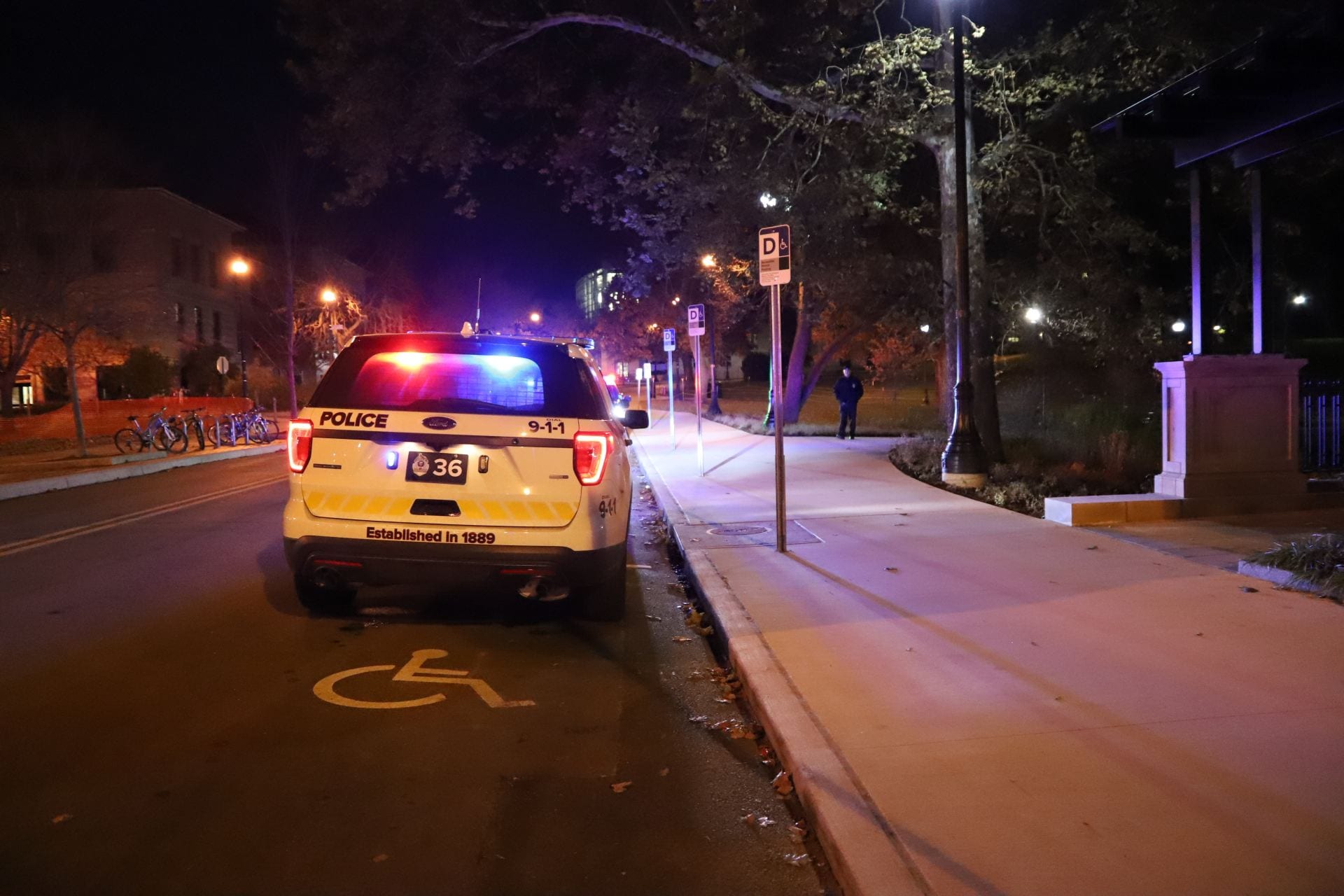Few films grab at your soul, and even less attempt to snatch it up. “Hotel Rwanda” rips it from your body.
The film, which takes place during the bloody and genocidal Rwanda Civil War of 1994, recounts the true life of Paul Rusesabagina (Don Cheadle). Rusesabagina is the house manager of one of Rwanda’s most prestigious hotels, as he attempts to save as many of his fellow countryman from the genocidal acts that are taking place in his home land.
The civil war, which is between the smaller and predominantly aristocratic Tutsis and the much larger and poorer Hutus, who control the Rwandan government, is not so much a war for power as it is a war for ethnic domination. The Tutsis seek to regain control of the country, while the Hutus seek to eliminate all Tutsis.
Rusesabigina, who is Hutu, uses his hotel as a refugee camp for hundreds of Tutsis and non-combatant Hutus.
Viewers of “Hotel Rwanda” should get a history lesson first. Otherwise it might become upsetting.
This film is not a documentary about the Rwandan genocide, although the film does get into what the political and racial struggles of the country were and how they came about. It is a story about a man who did more for his people then any one country.
As Rusesabigina, Cheadle gives the performance of his life. He is the reason this movie works so well. This is the best performance by any actor in 2004, including Jamie Foxx in “Ray.”
In most films the viewer can only empathize or sympathize with a character. In “Hotel Rwanda,” Cheadle draws the viewer so close and deep to Rusesabigina that the audience cannot help but feel at one with him. Cheadle’s performance is emotionally draining. His change from a smooth no-nonsense businessman to a humble and compassionate humanitarian does not come off as drastic or hurried, but rather sincere and empowering.
It will not be a surprise on Oscar night when Cheadle is clapping for either Jamie Foxx or Leonardo DiCaprio after one wins the best actor award, but it will be an embarrassing sight in ten years when Cheadle’s name is alongside one of those two men as an “also ran.”
Though this film relies entirely on Cheadle and his portrayal of Rusesabagina the screenwriting, directing, musical score, and supporting cast are all wonderful. Director and co-screenwriter, David George, who has made himself famous for similar work with films about the troubles in Northern Ireland, has crafted a film that acts as a social commentary on the West and how we view those in poorer (most accurately African) countries.
“Hotel Rwanda” should be seen as a wake-up call to many in the developed world. In a time when the United States is arguing over whether or not we should be at war in the Middle East, or whether or not to get involved with the crisis in the Sudan, this film shows America that there are times when citizens should put their differences aside and do what is best for humanity.
There is one scene in particular that sticks out as the quintessential Western view of war in other countries: Rusesabagina thanks a cameraman named Jack (Joaquin Phoenix) for getting footage of the massacres and for showing it on Western television. “They’ll have to send help now,” Rusesabagina said. Jack just looks at him and shakes his head. He then explains to the hotel manager that the majority of the western world will, “Say, ‘Oh my God, that’s terrible,’ and go on eating their dinner.”
The film also shows how the United Nations is a non-factor in countries like Rwanda. Their main goal is to be peacekeepers not peacemakers.
Watch as Nick Nolte, who plays a U.N. soldier named Colonel Oliver, attempts to keep his own sanity amongst all this chaos. He watches as dozens of his troops die while he himself is not allowed to shoot back. He, much like Rusesabagina, has been abandoned by everyone he knows.
The most shocking and engrossing part of the film, however, is the fact that some Rwandans have trouble telling apart Tutsi from Hutu. In one scene, when soldiers come to Rusesabagina’s house searching for Tutsis, they check his passport and when they read that he is Hutu they help escort his family (who are considered Tutsi because his wife is Tutsi) and about 13 other refugees, all Tutsis, to a “safer” place. This all changes though when the soldiers realize that the people are Tutsi. This forces Rusesabagina to buy back his family and friends.
There are going to be, and there have been already, a lot of comparisons between this film and “Schindler’s List” and although this movie falls short of “Schindler’s” greatness, it is still a tremendous film. It grabs humanity and refuses to let go. It does what most films are afraid to do. It asks the audience to question our society and our own humanity. Leaving “Hotel Rwanda,” one will feel ashamed of the U.N. and the Western world for not doing anything, but at the same time the viewer will feel relieved to know that there are still people like Paul Rusesabagina in the world.


